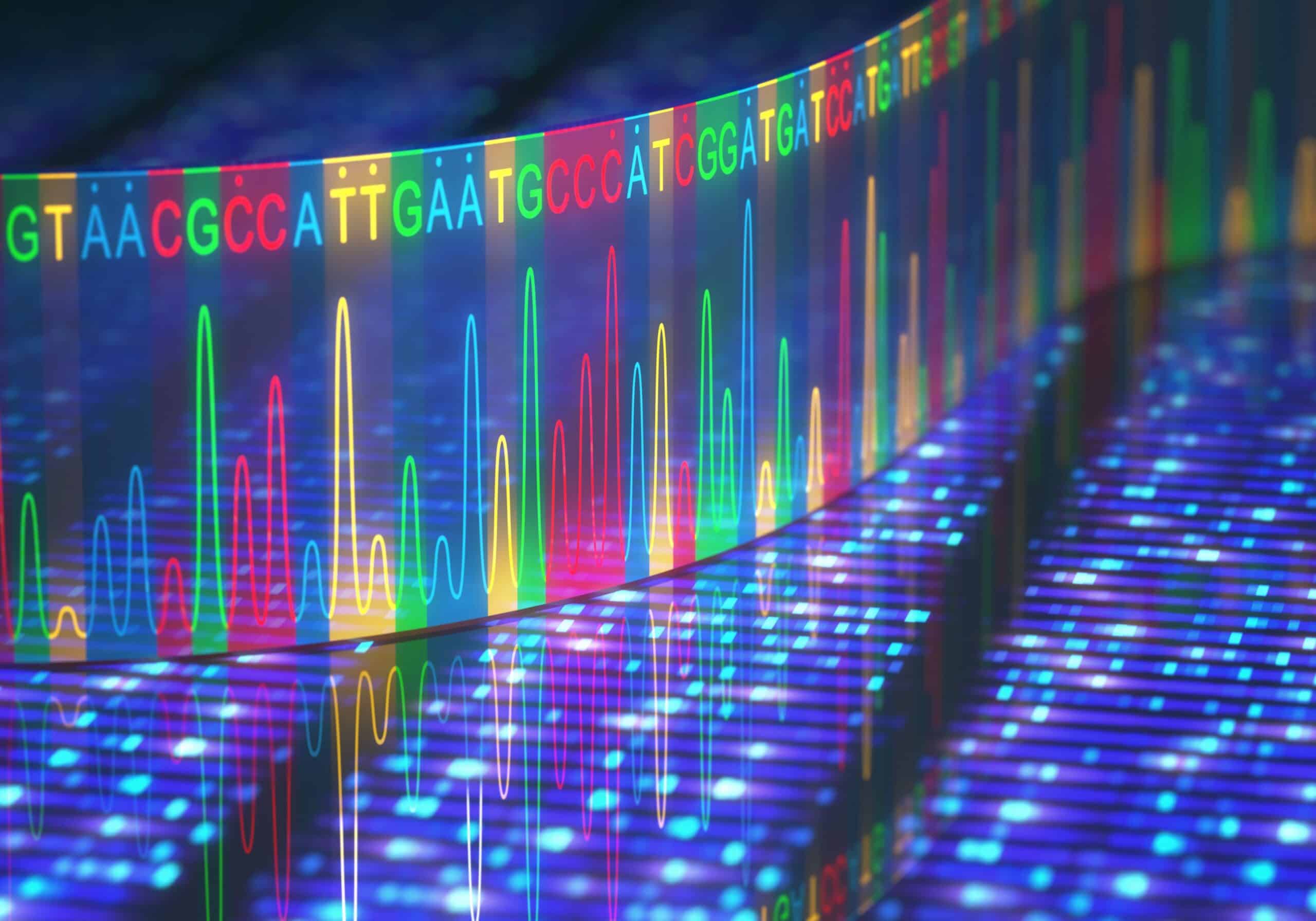“We don’t want to miss a baby who is potentially sick, and we don’t want to put families through the burdens and concerns that can stem from a false-positive test,” said Curt Scharfe, associate professor of genetics at Yale School of Medicine and senior author of the study published in the journal Molecular Genetics and Metabolism.
For the study, Scharfe and colleagues analyzed data collected from more than 400,000 babies, representing 17 self-reported ethnic groups, who were part of California’s newborn screening program. Specifically, they wanted to know if these ethnic differences could be detected in metabolites, molecules that provide energy by breaking down food or body tissue such as fat, found in the blood of the infants.
The question was not only of academic interest but of concern to pediatricians. For instance, it is known that babies of African heritage are more likely to have elevated blood biomarkers indicating cystic fibrosis than babies born to white parents, even though babies born to white parents are far more likely to eventually develop the disease. Researchers hope that using ancestry to interpret these differences in marker levels might offer more accurate ways to assess risks than traditional genetic tests.
People of African heritage are also known to have greater genetic diversity than those from ethnic groups because they are descendants of the world’s oldest ancestral population. Modern humans emigrated from Africa to regions across the planet; other ethnic groups are descendants of these original migrants, and have enough variation in their DNA to make them genetically identifiable.
But metabolic lineages can tell a different story, the researchers found. For instance, while there is a clear delineation between genetic variants among African-Americans and Americans of European descent, researchers found that metabolically these two groups are more closely related. Conversely, while people of Japanese and Chinese descent, for instance, are closely related genetically, the researchers found larger differences in their metabolic profiles.
“This attests to the role of environment in forming our metabolism,” Scharfe said. “Where people share the same culture and food, metabolic profiles are more similar. Where people are separated by circumstances, such as language or lifestyles, then differences in metabolism are greater than genetic variations.”
Scharfe cautions that more work needs to be done before findings can be applied clinically. Researchers only analyzed 41 out of many hundreds of metabolites and relied on parents own reports of their ethnic heritage, which might not always correspond to reality.
“This is just a first snap shot, but understanding our metabolic ancestry has a promising future,” Scharfe said.
Gang Peng, an associate research scientist of biostatistics and bioinformatics in Yale’s departments of Biostatistics and Genetics, is the first author of the study.




